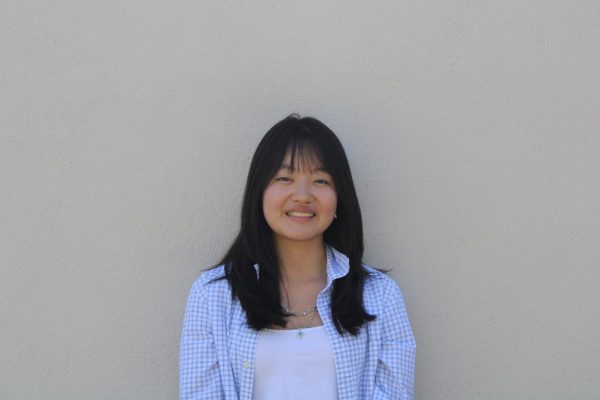A vast majority of the student body at Campo is currently taking a foreign language in varying levels of rigor. However, the motivation behind dedicating time and effort to learning Spanish, French, Mandarin, or German serves a greater purpose than fulfilling basic language requirements, including the promotion of international cooperation and cultural diversity.
Junior Emory Hsiao who is currently taking AP Mandarin 5 offered his perspective on his reasons to take the class: “My middle school started offering languages when I was in eighth grade, so I wanted to try something new since everyone takes Spanish. My dad speaks Mandarin, so hopefully I’ll be able to speak it at home if I get good enough.”
Aside from family connections, a foreign language has the potential to introduce the learner to a new culture, a new way of thinking and speaking, and to other people from differing backgrounds. Sophomore Sophie Tang whose previous childhood experience with learning French allowed her to skip to the AP level this year said, “I learned [French] when I was three because my parents wanted me to learn another language.” Tang then noted that her past education inspired her to continue learning French: “I have to thank my first French teacher, she passed away, but I’m continuing to learn French in her honor,” she said.
Senior Ayan Patel who is currently in German 4 Honors also emphasized his interest in learning about new cultures by learning their languages. “I went to Germany the year before I started at Campo and it was really cool to just experience the culture, so I thought learning the language would allow me to be able to experience a different facet of it,” Patel stated. He went on to compare and contrast German versus English: “It’s nice that [German’s] kind of similar to English, so you just guess the word, and usually you’re right about the meaning.”
Language credits at Campo (at least two years to graduate) were deemed a basic benefit by Hsiao who commented, “At first [learning Mandarin] was just for the credits, but I think it’ll be useful as a life skill.” Tang applied this to her reasoning behind the usefulness of learning foreign languages as well when she said, “[Students] can get connected with different people from different cultures, meet new friends, and also, it helps jog your brain and helps keep you from getting bored.”
When asked about their goals for the future concerning foreign languages, both Patel and Hsiao confirmed they would continue to study German and Mandarin respectively beyond high school. Tang also offered her post-AP French plans: “If I could be a translator or a tutor for foreign languages on the side, that would be the next step for me.”
In a world where international relations have been severely tested, it is important to acknowledge the significance of how foreign languages can bridge the gap between countries in order to create lasting cultural stability. Not only will studying a language bring together students of different backgrounds, but it may just give the learner the opportunity to learn more about themselves as a student and provide an intellectually stimulating challenge.


